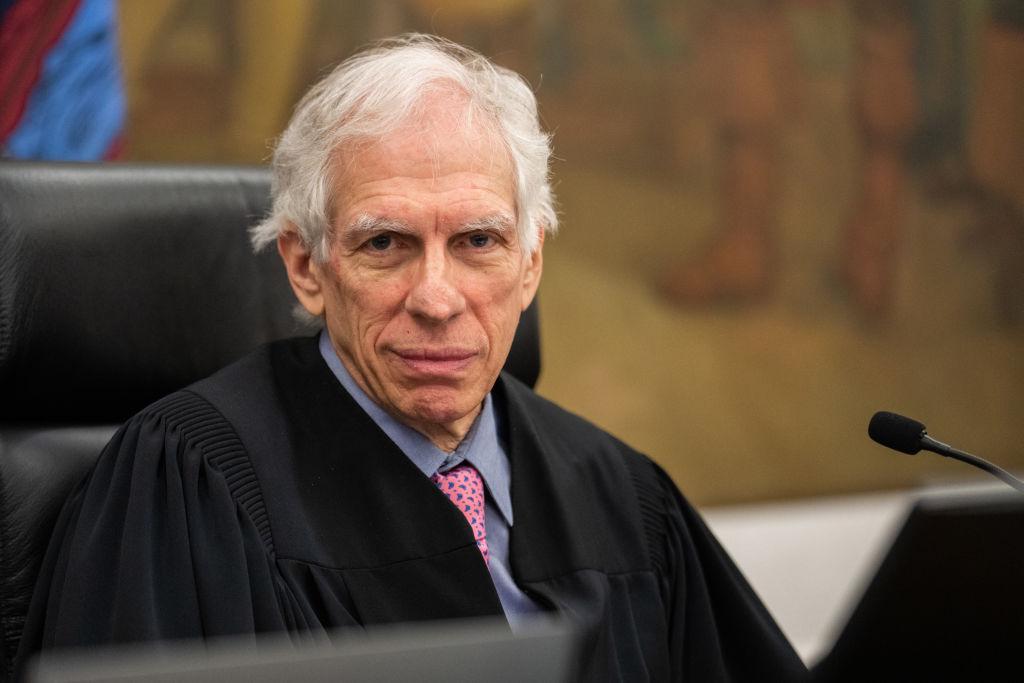The judge overseeing former President Donald Trump’s New York civil fraud trial denied his request for a mistrial on Friday.
Defense attorneys filed a motion seeking a mistrial on Nov. 15, alleging that New York State Supreme Court Justice Arthur Engoron and his chief law clerk showed an “appearance of bias” against the former president. The motion also cited the partisan political contributions of the chief law clerk.





